
Veteran journalist and academic, Professor Kwame Karikari, has charged traditional media and mainstream journalists to uphold professionalism in their work so they can serve as sources to confirm 'fake news.'
He said although the emergence of digital technology had been beneficial to news dissemination it had also birthed untrue reportage and character assassination on social media and other digital platforms to which the public would always need confirmation.
"There are positive results from new technology for mass media communication but it is challenged by fake news.
"We therefore need mainstream journalists to be professional so they can be the source of confirmation. Traditional media is important for confirmation of fake news," he said.
The professor who is also the Dean of the School of Communication Studies at Wisconsin International University College, shared the sentiments when he delivered a lecturer in Accra yesterday.
It was on the theme "Journalism yesterday and today, repositioning media with technology" organised by the Ghana Journalists Association (GJA) as part of its 70th anniversary.
Prof. Karikari, giving an evolution of journalism, said technology advanced printing and the newspaper businesses and led to the invention of various gadgets including transmitters, recorders and telecommunication devices that aided radio and television broadcast.
"Technology have played an integral role in the evolution of journalism and mass media communication," he noted, adding that although those advancement were met with censorship and other resistance, it had been worth the 'fight'.
However, he expressed concern about the rise of ' political radio' and serial callers who continue to vilify political opponents,citing President Nana Addo Dankwa Akufo-Addo and Former President Jerry John Rawlings as the main victims in the fourth republic.
Another challenge with the use of digital technology, Prof. Karikari said was the production cost particularly of electricity which require national discussion.
He said state owned broadcaster, Ghana Broadcasting Corporation, for instance, owes the Electricity Company of Ghana about GH¢23 million.
He advised traditional media to use technology to safeguard their materials for future referencing, noting that many important newspapers and broadcast news items were in sorry states.
Prof. Karikari called on the government and stakeholders to explore opportunities in the digital revolution and provide the needed support.
Veteran journalist and former minister, Elizabeth Ohene, who chaired the event said it was critical for gatekeepers of news to pay attention to content of being carried away by the benefits of the digital technology.
She said if a third world war would emerge, it would be sparked by the ills of digital revolution citing the spread of some untrue videos and pictures of xenophobic attacks in South Africa as an example of the possible harm.
Minister of Information, Kojo Oppong Nkrumah noted that although technology had evolved journalism, integrity and responsible journalism should be sustained.
President of the GJA, Roland Affail Monney reminded journalists of their ethical values and the need to uphold them.
Read Full Story
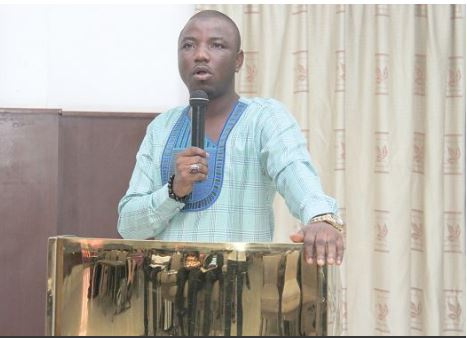
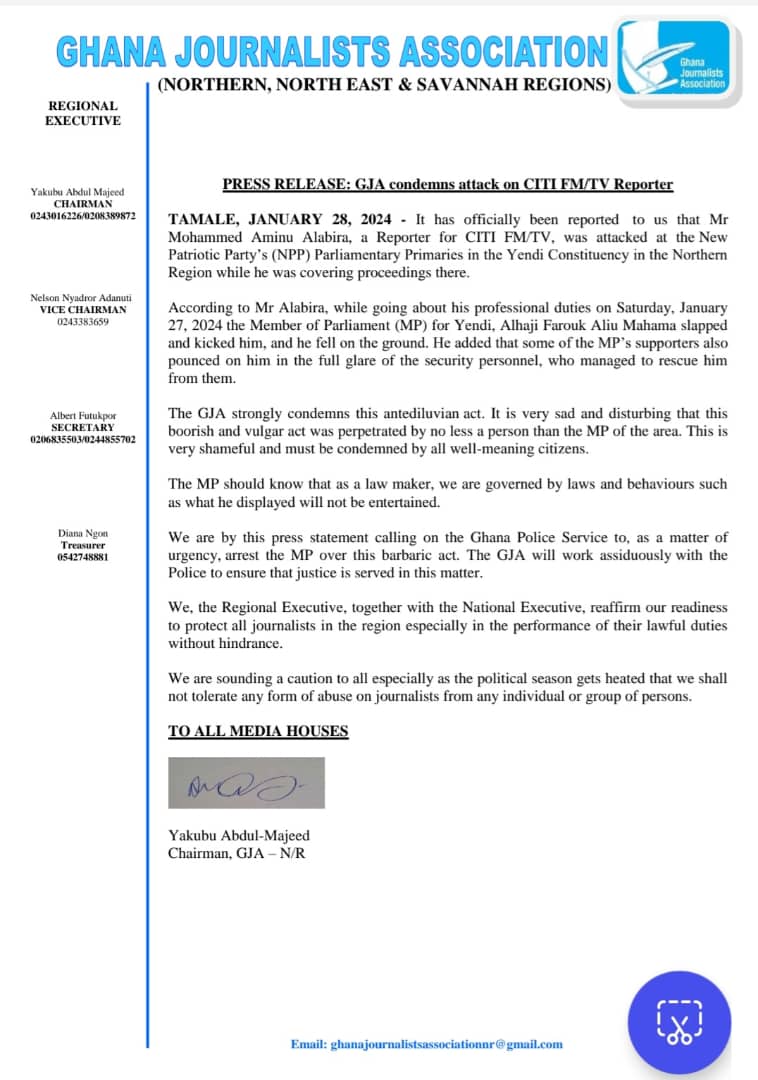
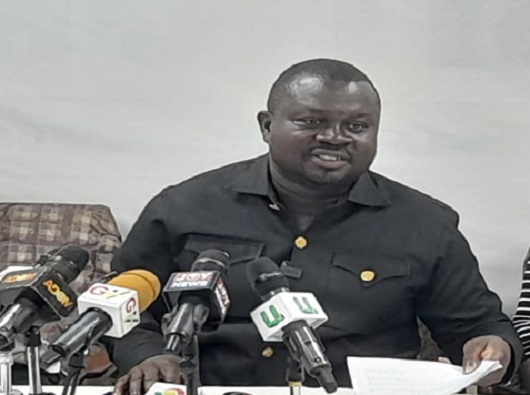

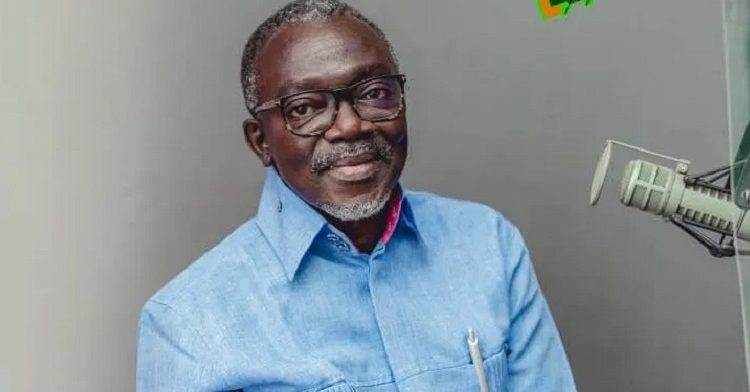

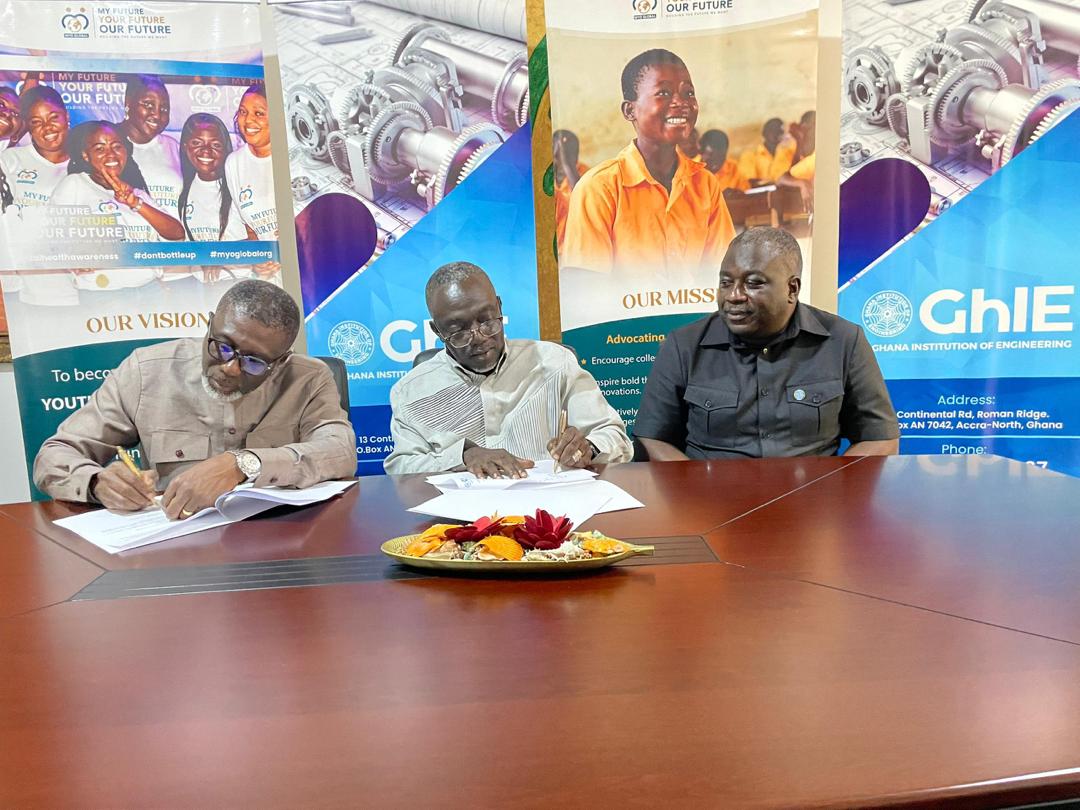














Facebook
Twitter
Pinterest
Instagram
Google+
YouTube
LinkedIn
RSS